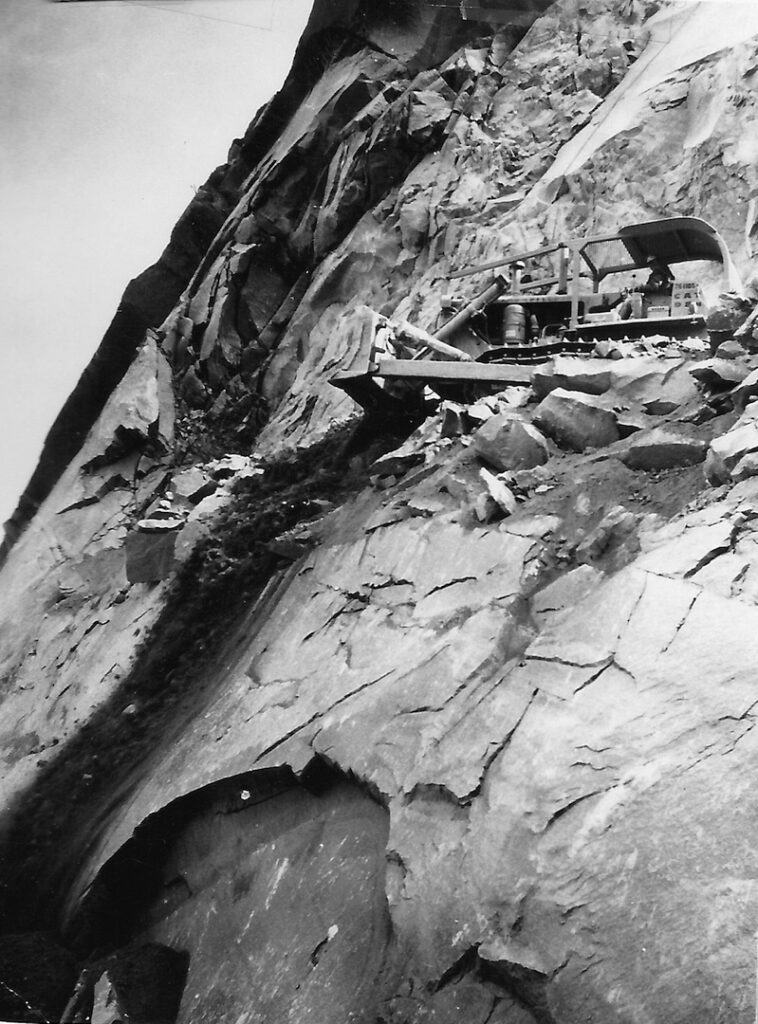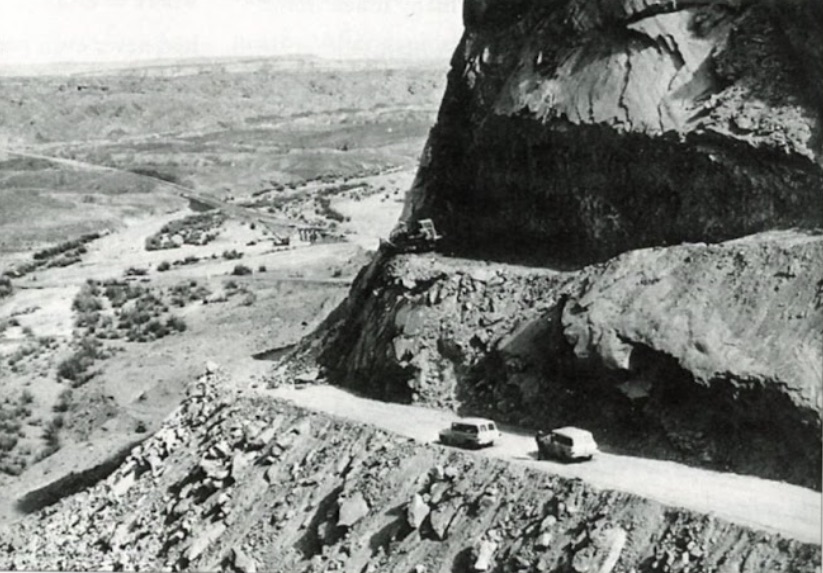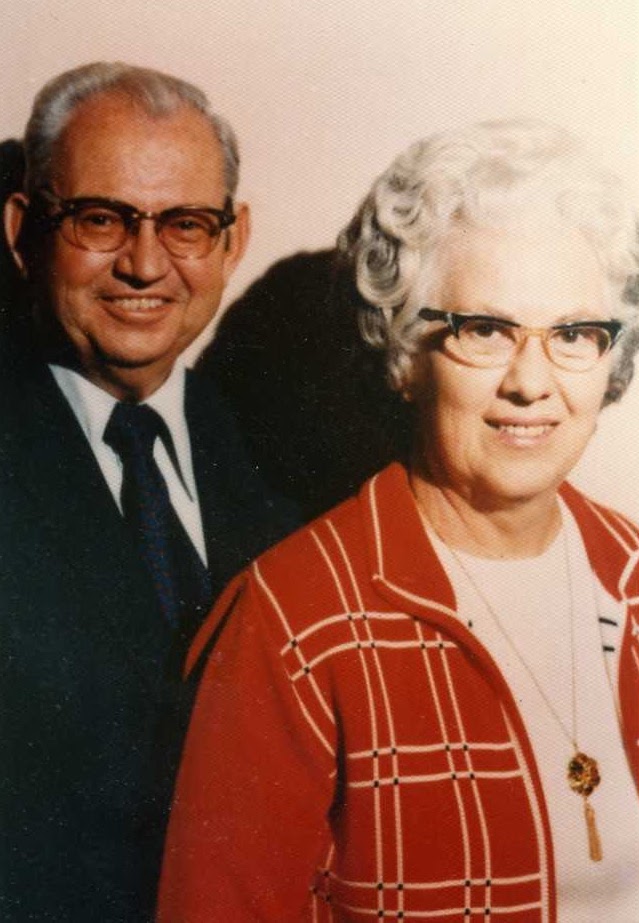I have been thinking about the term, “Spectacular Failure,” because I’ve learned that failing at something drives fear. It drives so much fear that sometimes we don’t even start for fear of failing.
The word “spectacular” connotes something so epic, so complete, that there are no words to clearly communicate its largeness. The Latin root is Spectaculum, meaning “a public show, spectacle, place from which shows are seen.” Something “spectacular,” by definition, is produced on a large scale and with striking effects.
What Do I Mean By a "Spectacular Failure?"
What if the “striking effect” produced by your failure could eventually be redeemed into something important or transformative? What if it eventually changes lives for good? If you knew that a visible-to-everyone misfire would eventually turn out well, or even become something spectacular, would you be less likely to fear it so much?
It’s the striking effects part of the spectacular failure that are worth some scrutiny. I think the striking effects piece happens more often than we realize.
That is where this story comes in, and we’ll start with this photo: If you look closely, that’s a bulldozer pushing rocks and sand off from the side of a mountain. This story is about this particular mountain.

The "Bluff Cut" involved literally cutting through a mountain in order to build a new road.
The Construction Company That Was a Spectacular Failure
My grandfather, Harold Whiting, was a road contractor whose construction company went belly-up in a visible way, and my grandparents’ response to that changed my own life. The short version of the complicated story is that Grandpa bid a job to build a new road in Southern Utah near the small town of Bluff. The engineer overseeing the job exceeded his authority and required the construction company to carve the cut through a sandstone cliff a few feet deeper than originally agreed. This meant extra time, and hauling off many more cubic tons of material than had originally been agreed upon when the bid was submitted. Once the work was complete, there was a legal battle about how much was owed the construction company, and while the attorneys wrangled about it, the bills went unpaid because there was no cash to pay them with. Soon, the bank foreclosed and Grandpa saw his life’s work slip through his fingers.

It was a very public demise. His employees all lived in the same small town he lived in. Grandpa had been a state legislator, had served as president of the National Association of Contractors. At the time of the bankruptcy, he was also a religious leader in an important position in his community. What happened in Grandpa and Grandma’s lives after the foreclosure is the part I find spectacular!
Further away, you can see the same bulldozer pushing crushed rock down from the "cut" to form the road base.
When Everyone You Know Watches You Fail...
In the beginning, both he and Grandma experienced a lot of pain over this very visible demise. Grandma wrote her own account of how it felt to lose everything they had worked for for so long, and in such a public way:
“What do you do when you suddenly realize at age 60 that your husband’s business is facing bankruptcy?…
“After my husband came from his banker, we quit kidding ourselves that things would change. There was nothing to do but face it.
“I’d go to bed thinking I could shut the monstrous picture out of my mind. Sleep would only last for a few hours and then I was wide-eyed, trying to relive the past, correcting the mistakes we had made along the way. Or, I’d try to lay plans for what we could do for the future. At 60, your chances for good jobs aren’t plentiful. My training did not qualify me for today’s jobs.
“T.V. programs held no interest for some were too happy, which I was not; and other programs were full of problems and I didn’t need them. Radio irritated me, but the quiet left space in my mind to go over and over and try to solve our problems and soon I’d find myself too keyed up to settle to anything. I have several hobbies but could generate no enthusiasm for them. Suddenly, the treasures I had accumulated over the years lost their dearness. I resented that others had what we had worked for and given every ounce of energy to….I could hardly get food down my throat, the inside was so tight, and I couldn’t concentrate to read. Worry takes the enjoyment out of everything…
“I tried to pretend to be happy and keep it from others in the family, like our children who were in their early married years and needed no added burden or embarrassment they would feel for parents they had built such confidence in.”

Harold and Marie Whiting
Getting Swept Over The Edge of the Falls
But Grandma eventually started to see “the dawn of a new horizon.” She wrote that she stopped asking “Why?” and started to ask, “What can I do about it?” instead.
“When I wondered if the Lord had turned his back on us, I knew I must keep trying and not turn my back on Him. We would give Him the best we had and trust in His goodness. It was like being swept toward the falls and help was just standing on the bank doing nothing. But the thing I didn’t reckon with was that the Lord would be at the bottom to give His hand.”
The Chess Game
According to the family history, Building Upon a Legacy: The History of Harold Johnson & Marie Jensen Whiting, “Harold went to each of the creditors and told them if they would give him time, he would pay them off. If they forced, no one would get much…They had enough confidence in him to go along with this arrangement.”
Grandpa chipped away at the debt little by little. Grandma once told me he started by selling small tools so that he could buy yellow paint. Then he would re-paint a large bulldozer or some other piece of large machinery to make it more attractive to a potential buyer. Once that piece of machinery sold, he could pay off a piece of the debt and then buy more paint. He found jackhammers and chains in forgotten corners of the construction yard, cleaned them up, and sold them. He even scraped all of the topsoil off from the large garden behind his home and sold that.

It took a year to accumulate enough cash to pay off the bank and a second year to sell some of the largest equipment so Grandpa could pay the remaining creditors. Most of them accepted full payment and signed ‘paid in full’ releases. In 1973, they received a release from the court which freed the remaining assets, including the company workshop and yard. Grandpa sold this property, splitting the total with his two partners who had both found other jobs in the interim. This provided a small financial cushion for each family.
Grandpa didn’t stop there. He kept working to win the claim on the Bluff job and on a second job the company had been underpaid for in Green River, Utah. He somehow got a final settlement on the Bluff job thirteen years after it was finished and the statute of limitations had passed. Grandma called it “Bulldog Tenacity.”
Crisis Defines You in a "Spectacular" Way
He never retired from working in construction. He was a builder in every respect and was still volunteering as a foreman for civic and church construction projects well into his seventies. This experience was probably one of the defining moments in their lives. It tested what kind of people they became.
From Spectacular Failure to Spectacular Success
By the end of his life, I think Grandpa had come to understand that failure is written into the equation of our lives because it is a necessary part of getting life figured out. It just happens. But it’s how we deal with it that determines whether the Spectacular Failure will coalesce into “striking effects.” Striking effects that will improve the lives of people who come after us and get the benefit of the “beauty” that came from the “ashes.”
“God’s omnipotence,” assert authors Fiona and Terryl Givens, “lies in…the divine power ‘to alchemize suffering, tragedy, and loss, into wisdom, understanding, and even joy’” (See Fiona Givens, Terryl Givens: The Christ Who Heals: How God Restored the Truth That Saves Us, 36).
The spectacle of their lives, meaning the way I viewed this failure, is much different than the way they viewed it at the time. Because they shared enough of this story for me to be able to understand it, I have the benefit of hindsight. I can see the kind of “striking effects” that evolved from this event. It molded and shaped Grandma and Grandpa in unique ways. It made them the gracious, forgiving, understanding, non-judgmental people that they were. Their wisdom helped them to help me navigate my own failures and my own worries about what other people think of me when they see my shortcomings. Failure still stings, but I have learned that it is not permanent. It’s the catalyst of success.
C.S. Lewis said it best: “God can make use of all that happens.”

